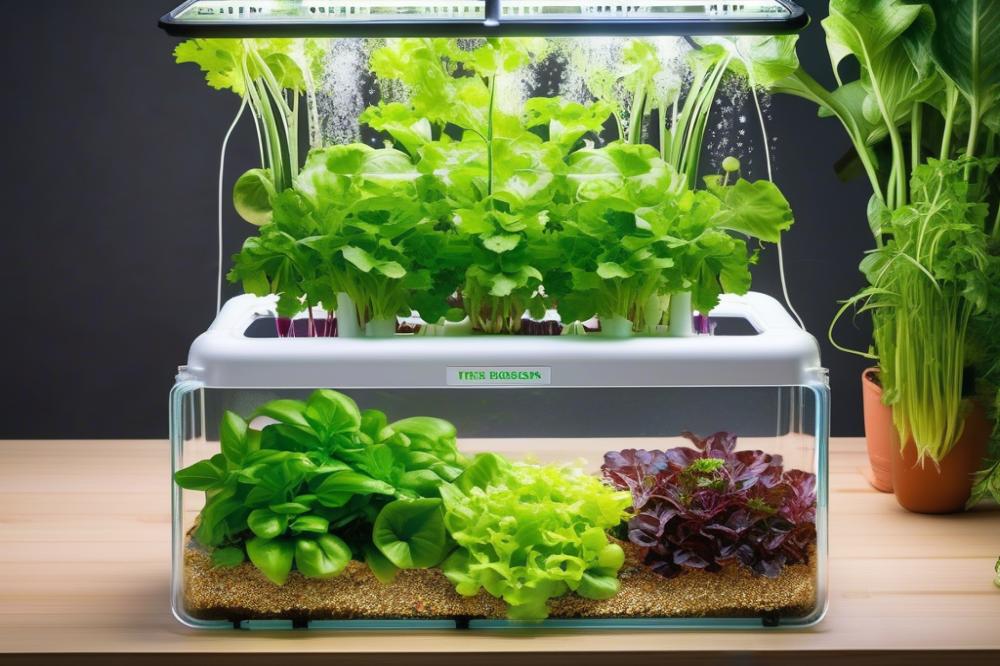Introduction
Hydroponic gardening is a modern method of growing plants without soil. Instead of using dirt, it relies on nutrient-rich water. This approach has many benefits. For instance, it can use less space and water than traditional gardening. Plants can grow faster and be more productive. This method allows for fresh produce in areas with poor soil quality.
Air plays a crucial role in plant growth. Roots require oxygen to thrive. Without enough oxygen, plants struggle to take in nutrients. This process is vital for their health and development. oxygenation is necessary for root respiration, and it helps plants absorb nutrients more effectively.
Air Pumps are a key component of Hydroponic Systems. They help to disperse air into the nutrient solution. By utilizing an air stone, these pumps create bubbles that increase oxygen levels in the water culture. Different pump types are available, including aquarium Air Pumps, which are popular for home setups. Ensuring adequate oxygenation enhances plant health and growth. Specialized systems like aeroponics use air in unique ways to deliver nutrients, making them highly effective.
Air Pumps in Hydroponic Systems
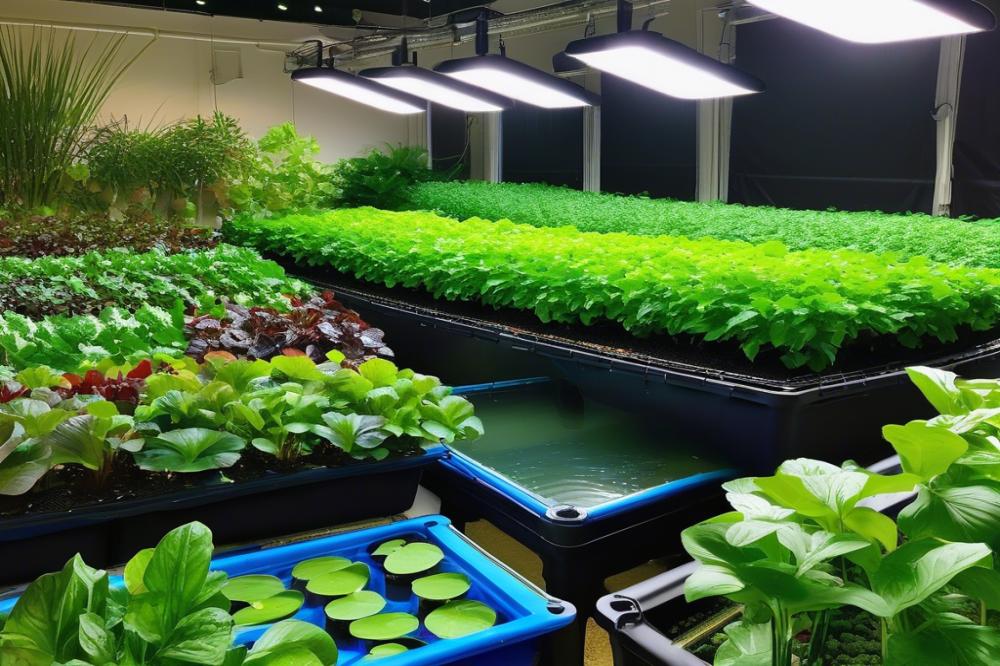

Air pumps are essential devices in hydroponic gardening. Their main purpose is to introduce air into water culture systems. These pumps help facilitate the movement of oxygen into the nutrient solution. By doing so, they play a vital role in supporting plant growth.
Function of Air Pumps
Various pump types exist, but all share a common goal. They agitate the water, allowing oxygen to dissolve better. Typically, an air stone is attached to the pump’s output. This stone helps break the air into smaller bubbles, increasing the surface area for absorption. Such a method enhances the amount of oxygen available to plant roots.
Contribution to Oxygenation
Oxygenation significantly impacts water culture methods. It prevents roots from becoming deprived of the gas they need to thrive. When roots receive adequate oxygen, they can absorb nutrients more effectively. This is particularly crucial in systems like aeroponics, where roots are exposed to a nutrient mist rather than submerged.
Effects on nutrient delivery
Oxygen’s role in nutrient delivery cannot be overstated. Healthy roots support the uptake of essential elements required for growth. Without sufficient gas, plants can suffer from stunted development or nutrient deficiencies. Thus, establishing proper oxygen levels leads to happier plants and more fruitful yields. Keeping a consistent oxygen supply is an important part of maintaining a successful hydroponic setup.
Types of Air Pumps Used in Hydroponics
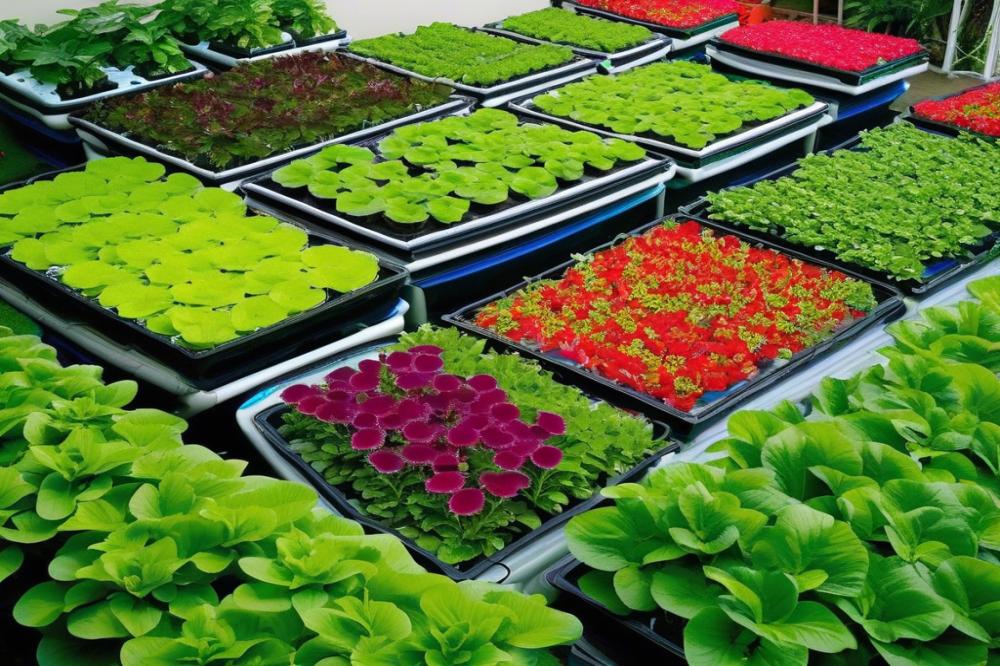

Different pump types play distinct roles in hydroponic gardening. Some common varieties include diaphragm pumps, centrifugal pumps, and aquarium air pumps. Diaphragm pumps are known for their efficiency and ability to produce a steady flow of air. On the other hand, centrifugal pumps offer high volumes of water movement, making them suitable for larger hydroponic setups. Each has its place depending on the specific needs of the system.
Comparison of Different Pump Types
When comparing pump types, efficiency and cost are crucial factors. Diaphragm pumps can be more expensive but often last longer and require less maintenance. Centrifugal pumps, while affordable, may need frequent check-ups. Aquarium air pumps are usually cost-effective and easy to use. They are ideal for smaller systems, combining accessibility with functionality.
Advantages of Aquarium Air Pumps in Hydroponic Setups
Aquarium air pumps have gained popularity for several reasons. They allow for excellent oxygenation, benefiting plant growth significantly. These pumps are designed to work well with air stones, distributing air evenly in water culture systems. Simple installation makes them appealing to beginners. Additionally, they run quietly, preventing noise disruption in home environments.
Choosing the Right Air Pump for Your Hydroponic System
Selecting the appropriate pump for your hydroponic setup is essential. Consider the size of your system first. For smaller systems, aquarium air pumps often suffice. Larger systems might require diaphragm pumps to meet their oxygenation and nutrient delivery needs. Evaluate your budget as well. The right balance between efficiency and cost can lead to thriving plants and a successful hydroponic experience.
Air Stones and Their Importance
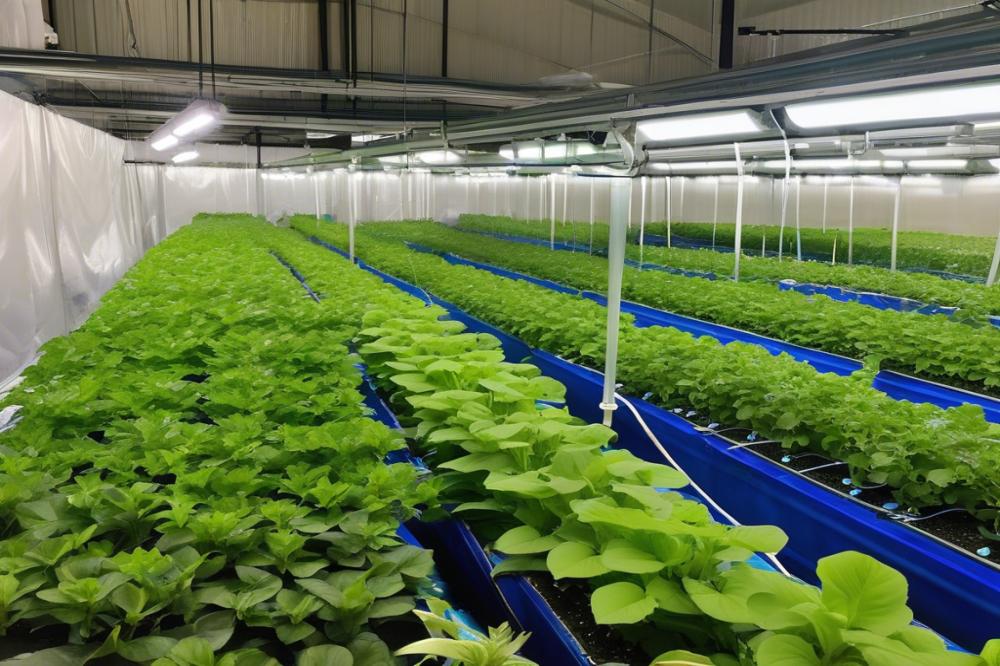

Air stones play a key role in hydroponic setups. Typically made of porous materials, these devices diffuse air into the nutrient solution. When connected to a pump, they release tiny bubbles into water cultures. This process promotes the oxygenation of the liquid, making it vital for plant health.
Enhancing oxygen distribution is crucial. Plants require oxygen just like they need nutrients. Air stones aid in evenly dispersing oxygen throughout the nutrient solution. Without this oxygen, the roots can become starved, leading to poor growth. In hydroponic gardening, maintaining optimal oxygen levels can significantly influence plant health.
The impact of air stones on plant growth cannot be overstated. By increasing the availability of oxygen, they support vigorous root development. Roots thrive in well-oxygenated environments, which encourages faster growth rates. Hydroponic systems that utilize these devices often show healthier plants compared to those that do not.
For those using techniques like aeroponics, air stones are just as essential. In these systems, the roots are misted with nutrient solutions rather than submerged. Even in such setups, adequate oxygen needs to be present. Aquarium air pumps can be adapted for various hydroponic systems, providing airflow to these crucial components.
Understanding pump types is also important when setting up a hydroponic garden. Choosing the right size of air stone and pump ensures efficient oxygen delivery. A mismatch can lead to insufficient oxygen levels in the nutrient solution. Overall, the presence of air stones makes a significant difference in hydroponic success.
Air Pumps in Aeroponic Systems
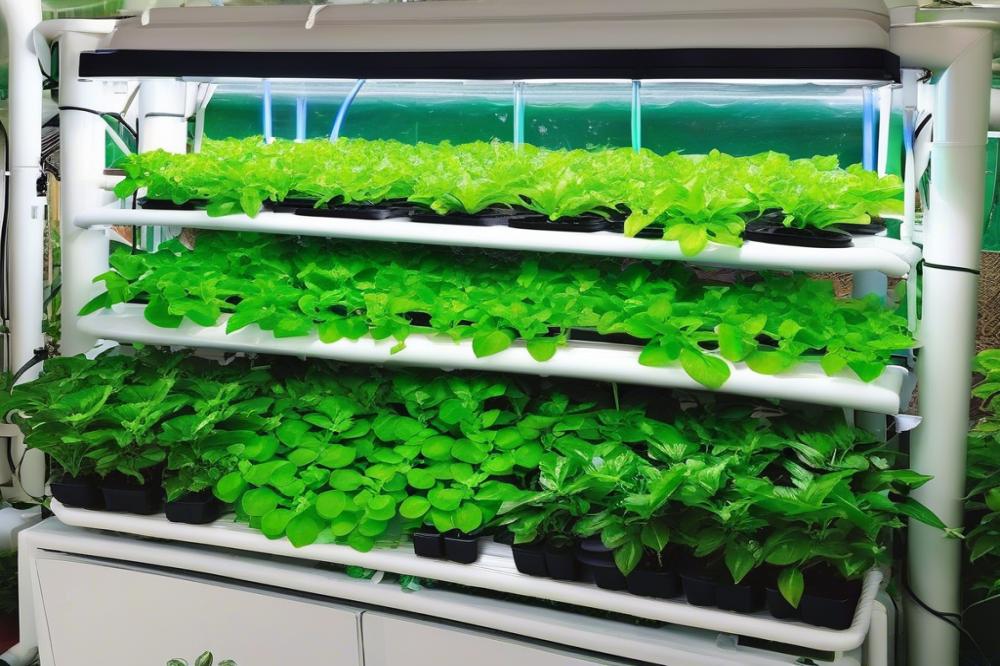

Introduction to Aeroponics and Its Unique Requirements
Aeroponics is a method of growing plants without using soil. In this system, roots are suspended in air and misted with a nutrient solution. This technique promotes rapid plant growth thanks to its efficient nutrient delivery. However, aeroponic systems have specific needs to thrive. Maintaining the right levels of moisture and nutrients is crucial. Air pumps play a significant role in meeting these requirements.
The Role of Air Pumps in Providing Oxygen to Plant Roots
In an aeroponic setup, roots are exposed to air, which allows for efficient oxygenation. Roots need oxygen just as much as they require nutrients. Without adequate oxygen, plants can suffer from root rot and other issues. Air pumps help deliver air to the root zone, preventing these problems. The use of an air stone enhances the process by breaking up air into tiny bubbles. This fine mist of oxygen maximizes the surface area for root absorption.
Benefits of Using Air Pumps in Aeroponic Setups Compared to Other Hydroponic Methods
There are distinct advantages to using air pumps in aeroponics as opposed to water culture. Traditional hydroponic gardening systems often rely heavily on submersion. However, aeroponic systems can save water while providing optimal plant growth conditions. Aeroponics allows plants to receive nutrients in a form they can absorb quickly. The efficiency of air pumps leads to faster growth rates. Moreover, using pump types like aquarium air pumps can make setup and maintenance simpler. When employing aeroponics, the overall health of plants improves due to better oxygen delivery.
Impact on Plant Growth and Health
Air pumps play a crucial role in promoting healthy plant growth in hydroponic gardening. They facilitate oxygenation within the water culture environment, supplying vital oxygen to plant roots. This aeration is essential because roots, like all living cells, need oxygen for respiration. Without enough oxygen, plants can suffer, leading to slower growth rates and poor health.
A strong connection exists between proper aeration and root health. In hydroponics, roots are submerged in nutrient-rich water. However, without sufficient air, they can become stressed. Healthy roots can absorb nutrients more effectively, promoting robust plant growth. Therefore, employing effective aeration methods significantly affects overall plant wellbeing.
Different pump types exist for various hydroponic setups. Aquarium air pumps are popular choices, especially for beginners. They create bubbles in the water, which can enhance oxygen exchange. The use of air stones can further improve aeration, distributing air evenly and preventing dead zones in nutrient solutions.
Case Studies and Examples
Research indicates that plants grown with enhanced oxygenation often yield better results. In one case study, lettuce cultivated using aeroponics showed a 30% increase in growth rate when compared to those without proper aeration. Plants in this study thrived due to the constant supply of oxygen, resulting in strong and healthy growth.
Another example highlighted the impact of an effective hydroponic setup with improved nutrient delivery. Tomatoes grown with a modified air pumping system produced fruit that was 20% larger on average. Observations from this study suggest that proper aeration not only promotes growth but also improves the overall quality of the produce.
Final Thoughts on Air Pumps in Hydroponic Systems
Understanding the essential role of air pumps within hydroponic systems is crucial. These devices contribute significantly to the oxygenation of nutrient solutions. Without proper airflow, plants may struggle to absorb the essential nutrients they need for growth.
Effective maintenance of these tools can lead to healthier plants and better yields. Choose a quality pump that suits the size of your system. Consider the specific needs of the plants you are growing as you make this decision.
Monitoring the pump’s performance regularly helps maintain optimal conditions in your garden. Look for signs of wear or reduced airflow and address those issues promptly. A well-functioning pump directly impacts the efficiency of nutrient delivery, which is vital for plant health.
Incorporating timers can automate the process, allowing for consistent cycles of air delivery. This can take the pressure off gardeners and ensure steady oxygen levels. Ultimately, adopting these best practices will enhance your hydroponic experience.
Embracing the importance of air pumps is the key to thriving hydroponic gardening. With attention to detail and ongoing care, gardeners can achieve remarkable results. Happy gardening!

